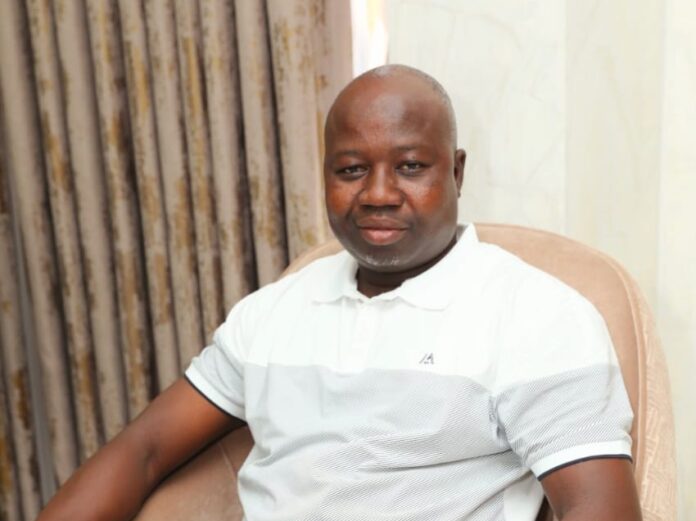A former Deputy Upper West Regional Minister, Abu Kasangbata, has issued a scathing indictment of Ghana’s road sector, calling for a forensic audit into the controversial $30 million Salaga road contract, which he describes as a national disgrace.
In a statement, Mr. Kasangbata alleged widespread corruption, institutional negligence, and financial recklessness, claiming the deal epitomises ‘a broken and unaccountable system’ within the Ministry of Roads and its agencies.
“How can a government mismanage state resources to the tune of $30 million without following proper procurement procedures or securing funding guarantees?” he queried.
Gov’t inaugurates five-member Interim Committee to revive Komenda Sugar Factory
Mr. Kasangbata is among a growing chorus of voices demanding accountability over what is now shaping up to be one of the most contentious infrastructure deals in recent memory.
“This is not just about a road. It’s about a culture of impunity that has cost this nation far too much. Those involved must be punished. This must be a turning point. Ghana deserves better,” he declared.
His comments echo sentiments recently expressed by the Minister for Roads and Highways Mr. Kwame Agbodza, who also denounced the project during the Government Accountability Series. Mr. Agbodza labelled the $30 million Salaga road deal as shocking and unjustifiable, insisting that it lacked both technical grounding and financial support.
“This is not just about poor planning. It’s about robbing the taxpayer under the guise of development. We are not here to play politics; we are here to protect public funds,” Agbodza stated.
He warned that no amount of political lobbying, apologies, or backdoor negotiations would deter the pursuit of justice.
Civil society organisations have since rallied behind the call for a full audit of all road contracts awarded between 2017 and 2024, citing the Salaga road project as emblematic of a broader pattern of inflated and politically influenced deals that bypassed engineering assessments and feasibility studies.
Experts and watchdog groups have also raised red flags about the project’s design, pointing out the absence of basic infrastructure such as drainage systems, which they say calls into question the entire engineering rationale behind the deal.
Despite mounting criticism, former Minister for Roads and Highways, Francis Asenso-Boakye, has come out in defence of the project, accusing the current government of weaponising infrastructure development for political gain.
But Mr. Kasangbata, however, insists the time for partisan excuses is over. He argued that there should be radical reforms because the state cannot continue down this path of unaccountability and expect development.


